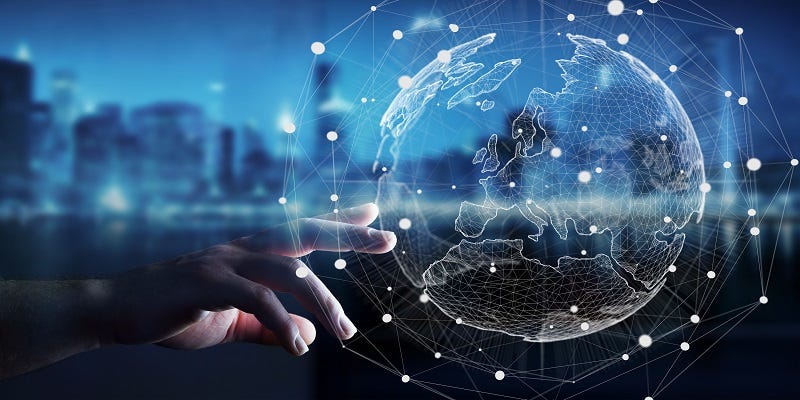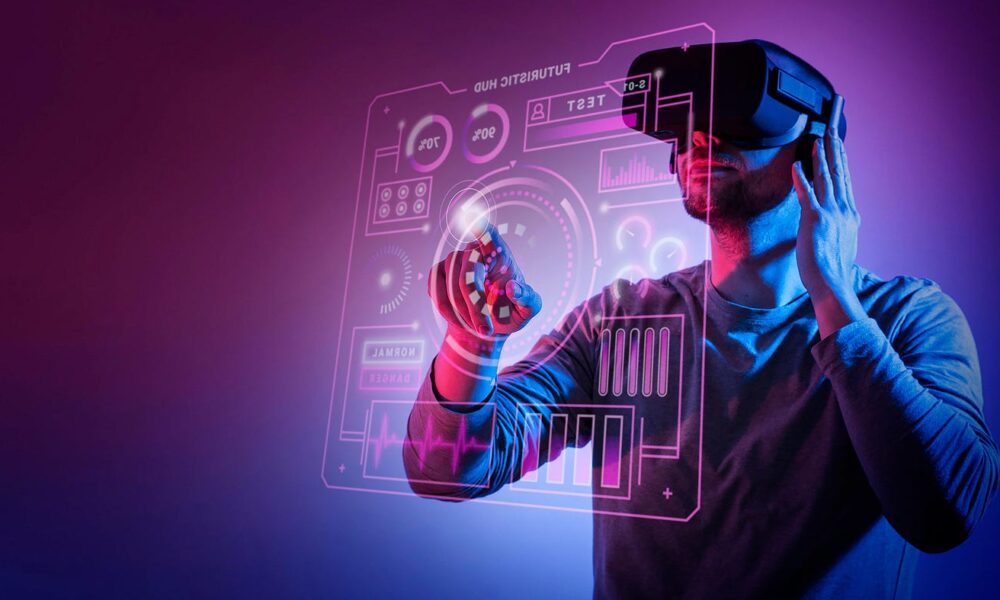The Ever-Evolving World of Technology: A Glimpse into the Future
Technology has rapidly transformed our world, changing the way we live, work, and interact. From powerful smartphones to game-changing innovations like artificial intelligence (AI) and blockchain, technology is continuously shaping our future. In this blog post, we will dive into the latest trends in the tech industry, examine how these innovations are revolutionizing various sectors, and explore what lies ahead in the exciting world of digital transformation.
The Digital Revolution: How Technology is Reshaping Industries
- Artificial Intelligence and Machine Learning: AI and ML are at the forefront of innovation, enabling machines to learn from data and make intelligent decisions. These technologies are transforming industries such as healthcare, finance, and automotive, creating new efficiencies and improving user experiences.
- The Internet of Things (IoT): IoT technology connects everyday devices to the internet, providing real-time data collection, analysis, and automation. From smart homes to wearables, IoT is enhancing convenience, security, and energy efficiency.


Virtual Reality and the Metaverse: The Future of Immersive Experiences
The metaverse is one of the most exciting and talked-about innovations in the tech industry. Combining virtual reality (VR), augmented reality (AR), and mixed reality (MR), the metaverse is set to revolutionize how we interact with digital environments. Imagine attending meetings, working, or even socializing in fully immersive virtual spaces from anywhere in the world.
As the metaverse continues to evolve, its applications will stretch far beyond gaming and entertainment. Virtual education, real estate, and even virtual concerts are just a few examples of how the metaverse is reshaping our digital experience. With companies like Meta (formerly Facebook) and Microsoft leading the charge, the metaverse is becoming a central focus of the tech world.
Virtual Reality and the Metaverse: The Future of Immersive Experiences
Blockchain technology underpins cryptocurrencies like Bitcoin and Ethereum and is considered a revolutionary advancement. By creating secure, decentralized systems for recording transactions, blockchain is poised to transform industries beyond finance. Smart contracts, decentralized finance (DeFi), and NFTs are reshaping the digital economy.
Despite its volatility, cryptocurrency offers promising benefits, including increased financial inclusion and reduced reliance on traditional banking systems. As digital currencies gain acceptance, they could change how we think about money, value, and ownership.
Automation and the Future of Work
The rapid rise of automation and AI is reshaping the workforce. Robotics, AI-powered tools, and intelligent systems are automating repetitive tasks across industries, from manufacturing to customer service. While automation improves efficiency, it also raises concerns about job displacement.
However, automation also opens up new career opportunities in sectors like data science, AI, and cybersecurity, which are critical in a digitally transformed world. As remote work and collaboration tools continue to evolve, we may witness a more hybrid workforce that combines the best of both virtual and in-person work.
Green Tech and Sustainability: The Role of Technology in Protecting the Planet
As climate change continues to challenge the global community, green technologies are emerging as critical solutions. Innovations in renewable energy (solar, wind), electric vehicles (EVs), and energy-efficient systems are reducing carbon footprints and accelerating the transition to a more sustainable future.
Smart grids and eco-friendly manufacturing are two examples of how technology is improving environmental sustainability. With more companies and consumers prioritizing sustainability, the demand for green tech is expected to grow rapidly in the coming years.
The Ethical Side of Technology: Privacy, Security, and Responsibility
With the advancement of technology comes a heightened need for ethical considerations. As data privacy, cybersecurity, and AI ethics become central concerns, tech companies and governments are working toward creating more secure and transparent systems.
Data privacy is a major concern, as personal information is increasingly being collected by digital platforms. AI bias is another critical issue, as machine learning algorithms can sometimes perpetuate or amplify societal inequalities. The future of technology must balance innovation with the protection of individual rights and freedoms.







